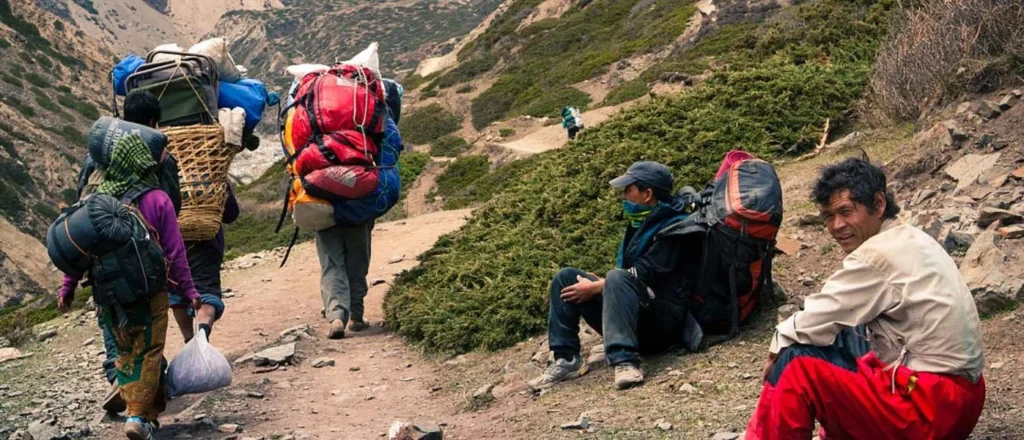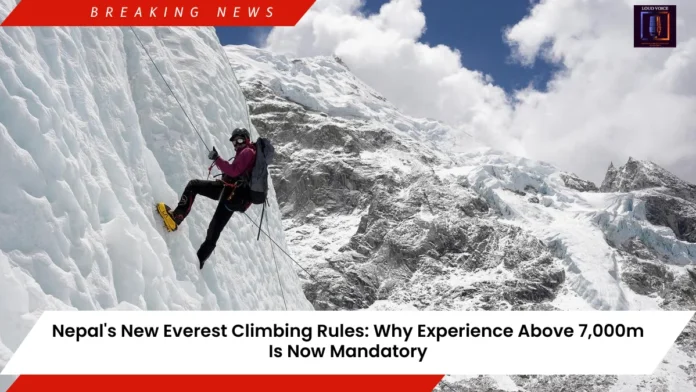Key Takeaways
- Nepal’s new Everest climbing rules: Climbers must now summit a 7,000-meter peak in Nepal before attempting Everest.
- Mandatory health checks and Nepali guides are part of the proposed regulations.
- A 36% increase in permit fees and a non-refundable garbage fee aim to enhance safety and sustainability.
- The Integrated Tourism Bill is currently under parliamentary review, with potential implications for global mountaineering.
A New Era for Everest: Experience Becomes Essential
Mount Everest, the pinnacle of mountaineering dreams, is on the cusp of a significant transformation. The country of Nepal, which is home to this magnificent peak, is putting up strict rules to guarantee that only experienced climbers take on this difficult task. The move comes in response to increasing fatalities and environmental concerns associated with the growing number of inexperienced climbers.
The Core of the Proposal: Climb High Before Climbing Higher
Central to the proposed changes is the requirement that climbers must have previously summited a 7,000-meter peak within Nepal. This prerequisite aims to ensure that only those with substantial high-altitude experience attempt Everest, thereby reducing the risks associated with inexperience. Notably, peaks outside Nepal — even well-known ones — will not qualify under this rule.
Mandatory Health Checks: Ensuring Physical Readiness
In addition to the experience requirement, climbers will need to undergo health evaluations from government-approved medical institutions within a month of their expedition. This measure seeks to prevent health-related emergencies during the climb, ensuring that only physically fit individuals undertake the ascent.
Nepali Guides: Emphasizing Local Expertise
The draft legislation also stipulates that all climbers must be accompanied by Nepali guides. This provision not only ensures that climbers benefit from local expertise but also supports the local economy by providing employment opportunities to Nepali citizens.

Financial Implications: Increased Fees and Environmental Responsibility
To further bolster safety and environmental conservation, the proposed regulations include a 36% hike in climbing permit fees, raising the cost to approximately $15,000. Additionally, the current refundable garbage deposit will be replaced with a non-refundable fee, emphasizing the importance of environmental responsibility among climbers.
Global Reactions: A Mixed Bag
While many applaud Nepal’s efforts to prioritize safety and sustainability, some international operators express concerns. They argue that the exclusive recognition of Nepalese peaks for the experience requirement may limit access for climbers who have trained on other significant mountains worldwide. Furthermore, the mandate for Nepali guides raises questions about the availability of certified personnel to meet the increased demand.
The Road Ahead: Awaiting Parliamentary Approval
The Integrated Tourism Bill, encompassing these proposed changes, is currently under review in Nepal’s National Assembly. Given the ruling coalition’s majority, the bill is expected to pass, ushering in a new era of regulated and responsible mountaineering on Everest.
Conclusion
Nepal has demonstrated its dedication to safety, environmental preservation, and sustainable tourism by taking the initiative to impose more stringent climbing standards on Mount Everest. By ensuring that only experienced climbers undertake the ascent, the nation aims to preserve the sanctity of Everest while safeguarding the lives of those who dare to reach its summit. As the world watches these developments, one thing is clear: the path to the top of the world is set to become more challenging, but also more responsible.


